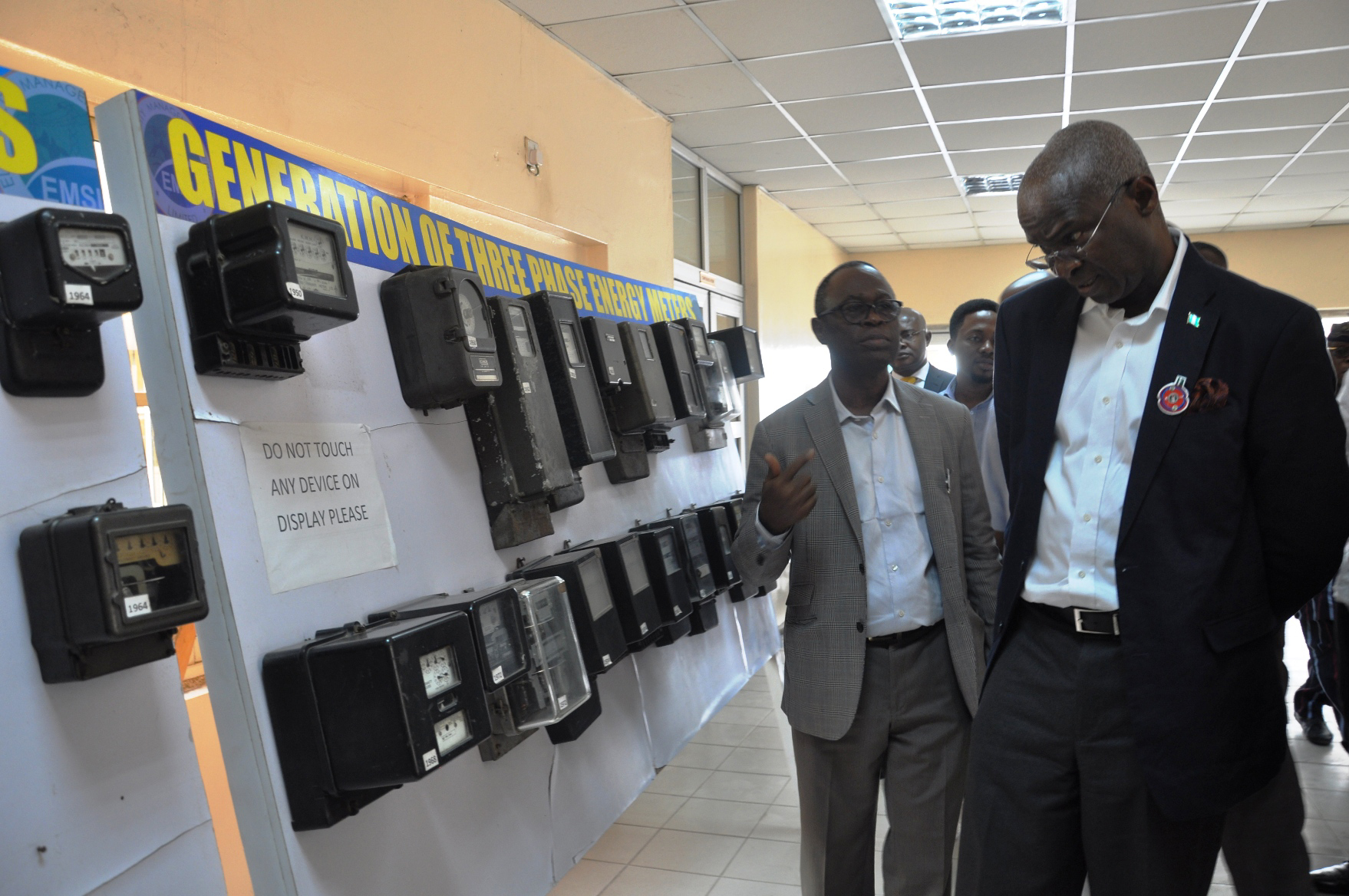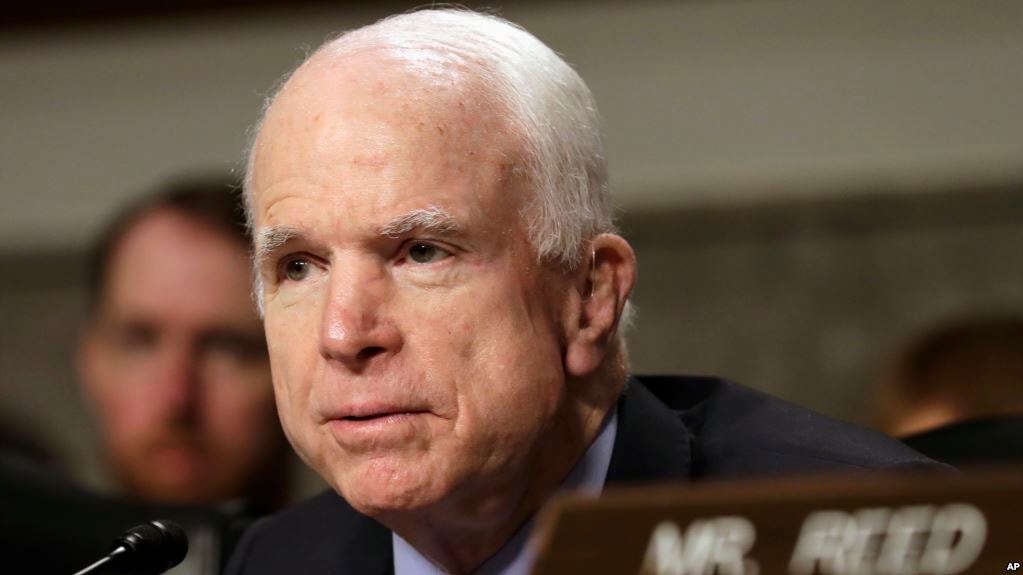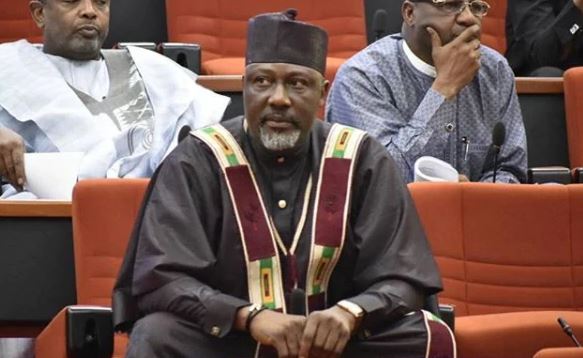Pic.28. From left: Managing Director, Nigerian Electricity Management Services Agency, Mr Peter Ewesor and Minister of Power, Works and Housing, Mr Babatunde Fashola, during the Ministers visit to the station in Lagos on Thursday (11/1/18).
00219/11/1/2018/Okoya Olatunde/BJO/NAN
The electrician told me something that shocked me to my bones. “Oga, I can help you connect all your air conditioners and water heaters to power without going through the meter,” he said. “I will bury the cables underground and connect them directly to the electric pole. Nobody will know. I have done this for a lot of people in Lekki and other parts of Lagos.” This happened when I was building my house in 2010. He thought he was making me a great offer. I was devastated. How much is electricity bill that these billionaires would not want to pay? I told the electrician straightaway that I would never do such a thing in my life. He laughed it off as if saying I was a fool.
What he was suggesting was not only illegal, it was ungodly and an act of economic sabotage. But, apparently, it was endemic. In Lagos, for instance, you would expect areas like Ikeja GRA, Magodo and Lekki to generate big revenue but it is shockingly not so, according to industry insiders. I was told that this is basically a major reason why the “estimated billing” system adopted by power distribution companies has come to stay. The fact that someone has a meter does not mean they will pay the accurate rate for power consumed. Many are subverting the billing system. Only those with prepaid meters can escape from estimated billing, even if they bypass the meter.
Energy theft is a major attack on the economy of power companies in the country. There are three “branches” of the electricity sector — generation (GenCos), transmission (TransCo) and distribution (DisCos). I will use this hypothesis to illustrate the situation. Let’s say a GenCo generated electricity worth N20 million for Ikeja GRA in July 2018. TransCo (the Transmission Company of Nigeria, TCN, which owns the high tension lines) transported the power for the Ikeja DisCo to supply GRA. By the time the Ikeja DisCo supplies the electricity and collects revenue for July 2018, it could only get N10 million from consumers. That is what the meters read for July.
That means GRA residents stole the other N10 million worth by bypassing meters and making illegal connections. Unfortunately, Ikeja DisCo has to pay the TCN for transmitting the power and the GenCo for the power they have generated. The GenCo, meanwhile, is also owing the companies that supplied the gas for power generation. The DisCo collects revenue on behalf of GenCos and TCN. When energy is stolen, therefore, it will affect the entire chain — from generation to transmission and to distribution. As an example, Ibadan Disco generated N50 billion revenue last year while incurring a cost of N70 billion. It will inevitably owe the GenCos and TCN.
Advertisement
We all pay the price, though. There is a provision for associated technical and commercial (AT & C) losses in the tariff regime to make up for theft and other leakages. But with tariff almost impossible to adjust upwards, the DisCos are making do with “estimated billing” — a system that punishes the just along with the unjust. Since Ikeja DisCo, hypothetically, supplied GRA with N20 million worth of power and cannot typically recover more than N10 million, it would divide the number of GRA houses by the cost and send estimated bills of say N35,000 to each house. That is probably why DisCos are very reluctant to make prepaid meters available for customers. It is a survival tactic.
What I have just described is one of the devils tormenting the power sector in Nigeria. There are several. Unfortunately, rather than for the government and the energy companies to sit down and have a meaningful discussion on how to solve these problems, all we are hearing is exchange of words between the minister of power, Mr. Babatunde Fashola, and the 11 DisCos under the umbrella of the Association of Nigerian Electricity Distributors (ANED). Accusations and counter accusations are being traded on the pages of newspapers while helpless Nigerians are gasping for breath under the weight of estimated billing and erratic power supply.
What are the issues in contention? There are a million issues. There are many to blame on the DisCos and many to blame on the government and its agencies. Fashola has complained that the DisCos owe the Nigerian Bulk Electricity Trading Company (NBET) — the government-owned company that buys power from GenCos and sells to DisCos — over N800 billion. The DisCos, on the other hand, are complaining that government agencies owe them in trillions. They simply don’t pay bills because they are “government” even though electricity bills are budgeted for. Most military formations, for example, do not pay bills. How then can DisCos settle their liabilities to NBET?
Advertisement
The most difficult issue, though, is how DisCos will recoup their investment, which ANED estimates at N11 trillion. Many of them bought the privatised PHCN entities in 2013 thinking they were buying MTN. They were expecting big returns and were promised many sweet things by the federal government — including that they would not inherit any liabilities and would be allowed to charge cost-reflective tariff. They took heavy loans from banks only to discover that they did not only inherit liabilities, they were even denied the assets of some of the companies they bought. To make matters worse, they could not increase tariff, meaning all odds were stacked against them.
To be sure, no Nigerian wants to hear about increase in electricity tariff. I am speaking for myself. I would first demand stable electricity before they demand higher tariff. Unfortunately, power supply cannot improve if the companies do not invest in the necessary infrastructure; they cannot invest except they have the funds; they cannot have the funds except they charge tariffs that will cover their cost; but they cannot expect Nigerians to pay higher tariff when power supply is erratic. This is a cul de sac. As at today, while the average retail tariff is over N80 per kilowatt hour, the average price as approved by the regulator is about N32 per kilowatt hour. It’s not adding up.
The easier way out, many would say, is for government to subsidise electricity as a transition plan. That means bearing the shortfall on behalf of the power providers, and the cost on behalf of consumers. In 2013, it was suggested that a subsidy of N400 billion should be made available by the government for the transition period so that we would attain stable power supply and then begin to pay cost-reflective tariff, but only N100 billion was approved, apparently because to get the funds was a tough task. Eventually the money was not there. The Central Bank of Nigeria (CBN) had to give provide a “power intervention” loan of N213 billion. It only postponed the evil day.
To solve these problems, the DisCos are asking the federal government to “expedite action” on the Power Sector Recovery Programme (PSRP) which was designed to tackle expected challenges. The PSRP provides for (1) an annual federal government budget that will include provisions for fully funding historical and future sector deficits from 2017-2021 (2) the establishment of cost reflective tariffs across the board over the next five years and sooner on a bilateral willing buyer/willing seller for premium customers; and (3) a payment assurance facility to be established by the CBN to support NBET. There are similar funding initiatives by the World Bank Group.
Advertisement
All that Nigerians want to see is stable power supply. Most of us are not interested in who can speak better English between Fashola and ANED. We cannot be dancing disco without music. President Muhammadu Buhari is scoring big points on road and rail infrastructure as well as agriculture, but he will also be judged on what he achieves in the power sector. Improvement in power generation without the ability to transmit and distribute electricity will solve only one problem. Whatever it will take to resolve the crisis with the DisCos must be done. Nigerians are frustrated with the power situation. They deserve to see the light.
There are reports, or rumours, that the federal government wants to buy back the DisCos. It must be a joke. We sold Yola DisCo to IEDMC (as core investor) for $59 million in 2013 and agreed to pay $87 million as compensation when we took it back from them after they declared force majeure over Boko Haram. They are yet to be paid. I don’t think this is what the federal government should be getting involved with now. I would rather suggest that since the government still owns 40% of these entities, it should consider injecting capital as equity holding. Nigerians have had enough of estimated billing and erratic power supply. Please, let there be light.
AND FOUR OTHER THINGS…
GARRULOUS GARUS
Is Garus Gololo, the Benue state coordinator of Miyetti Allah Cattle Breeders Association (MACBAN), playing the role of an agent provocateur? He was quoted by PUNCH as saying Senate President Bukola Saraki was undermining President Buhari and would be forced out if he did not resign. I found this very strange. Critics have been accusing President Buhari of being the brain behind killings by herdsmen, and the worst a herdsman can do at this moment is to be seen to be openly fighting for Buhari and threatening Saraki. The Miyetti Allah we know would normally talk about herdsmen/farmers’ clashes rather than the impeachment of Saraki. Weird.
Advertisement
MULTIPLE CHOICE
There is something I would like to be educated on — and I am being honest. On Monday, Justice Nnamdi Dimgba of the Federal High Court, Abuja, issued an order restraining the Multichoice Nigeria from increasing its subscription rates. My questions: should subscription rates be determined by the courts in a market with so many operators? Can the courts restrain the English Premier League and other content providers from charging Multichoice millions of dollars for broadcast rights? Of all the foreign companies operating in Nigeria, why is Multichoice the only one not allowed to raise its rates by the court? Has any court ever stopped British Airways from increasing its fares? Political?
Advertisement
DEMOLITION MAN
Senator Abiola Ajimobi, the Emperor of Oyo State and self-proclaimed “Constituted Authority”, incredibly ordered the demolition of Music House owned by Yinka Ayefele, the Gospel musician, last weekend. Amid public outcry against the action, there were those who argued that if Ayefele’s property actually violated planning laws, then he should have no complaints. Which is a fair argument, to be honest, just that when you have a radio station that gives airtime to political opponents of the governor, it is all too easy to invoke the law to deal with you. Even those supporting Ajimobi’s action know this very much. Authoritarianism.
Advertisement
AND FINALLY…
I think the Buhari administration seriously needs a BS detector. When the president was accused of not having enough women in his cabinet, one of those funny guys working in the Presidency said it was because Buhari was shy around ladies. To explain Buhari’s decision not to use his office in the Presidential Villa on his return from his medical leave in the UK, one of them said it was because of rats (and cockroaches?) Just when you thought you had heard the most bizarre thing ever, Buhari did the Great Sallah Trek in his hometown, Daura, and we were informed that the 800km walk was a clear indication that he was fit for another four years in office. Ludicrous.
Advertisement







